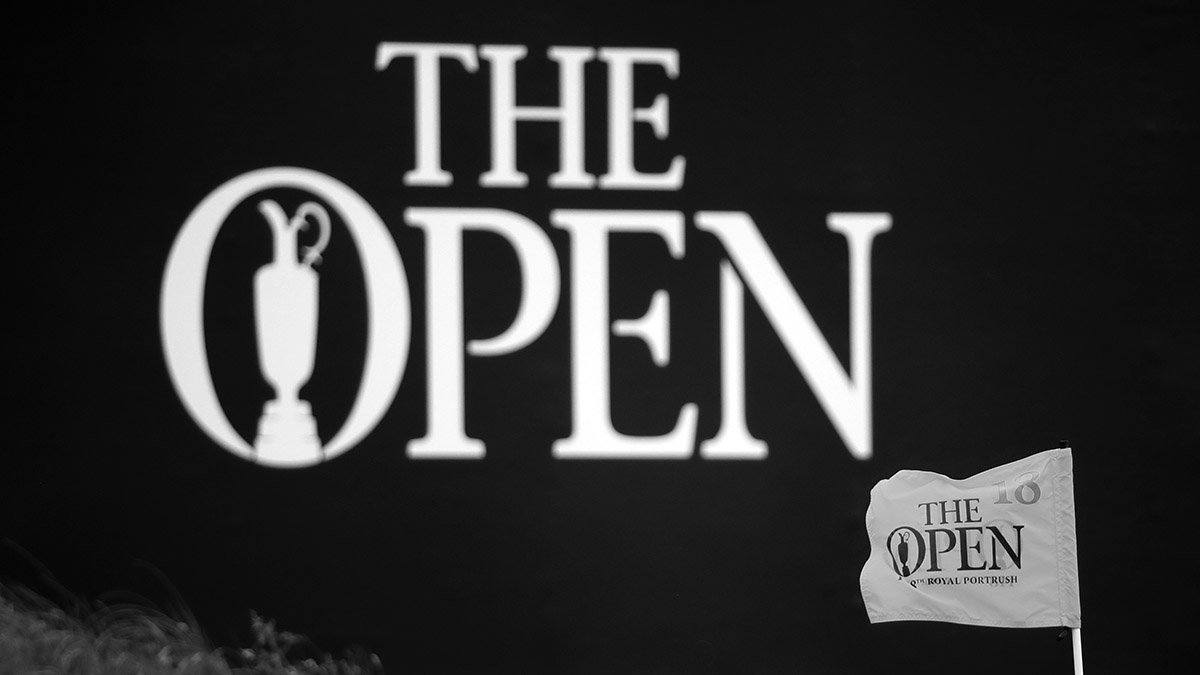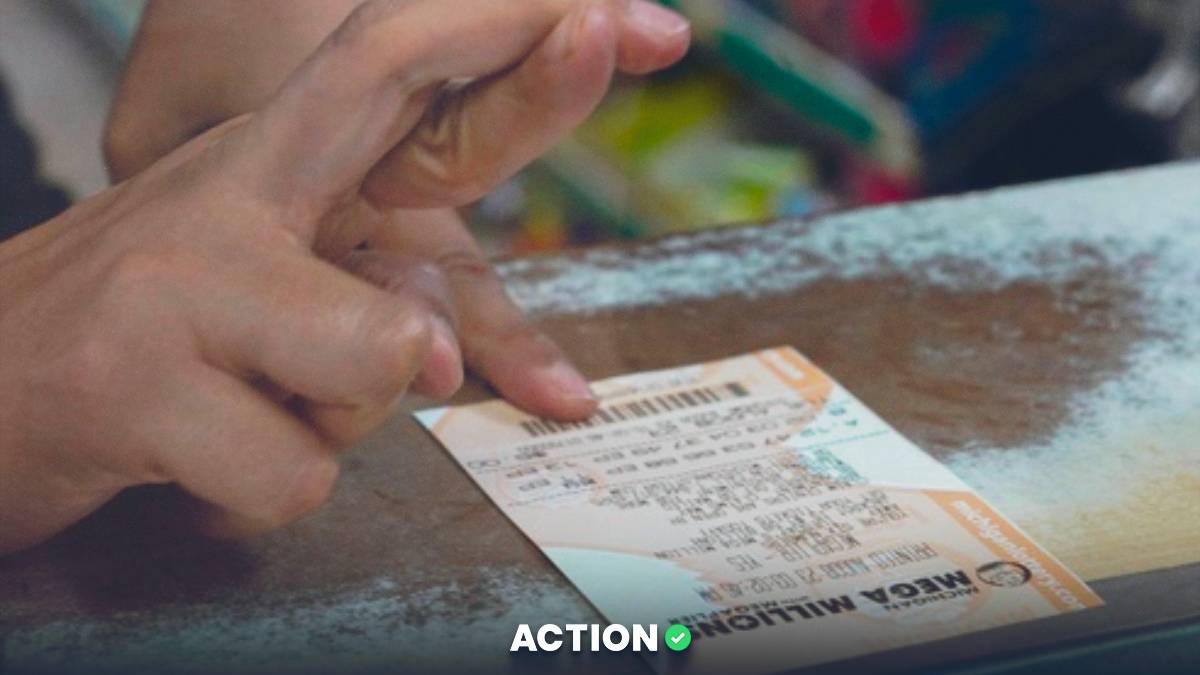Editor's note: The British Open was canceled on April 6. The R&A reported has pandemic insurance, and that's why the event was canceled instead of postponed.
As the coronavirus wreaks havoc on every sector of the economy, businesses big and small are examining their insurance policies and contracts to see what recourse they have amid a global pandemic.
The All-England Lawn Tennis Club, which governs Wimbledon, canceled its 2020 event, as opposed to postponing it, because doing so allowed it to collect on pandemic insurance, reportedly to the tune of £250 million.
A similar pandemic clause is reportedly why the Royal & Ancient could walk away relatively unscathed without an Open Championship this year if it wanted, while other events that have yet to be played are and were more inclined to postpone.
Neither the R&A nor the All-England Lawn Tennis Club have confirmed the details of their insurance policies, though a spokesperson for the AELTC told The Action Network that she could confirm that the club “has always sought to buy the optimum insurance coverage available.”
[Updated 2020 Sports Calendar: Wimbledon Officially Canceled, US Open Still Scheduled ‘At This Time’]
But most businesses in sports aren't lucky enough to have taken out pandemic insurance, so many are relying on a very specific clause within contracts: "force majeure," a French term that means “superior force."
This clause is meant to cover unexpected acts of god or nature, and it could either absolve businesses from the terms of a contract or could help activate a payment from an insurer.
As the pandemic has taken over the world, so too have "force majeure" searches on Google: The last time the term was searched this much was 16 years ago, according to the search engine’s trends data.
I spoke to Jonathan Pray, a partner in the law firm of Brownstein, Hyatt, Farber Schreck in Denver, about the intricacies of the force majeure clause and how different sports businesses might use it if they don't have pandemic insurance, like Wimbledon.
Rovell: Everyone is talking about force majeure. What are the actual legalities that have to come into play here in order for a business or event to invoke it?
Pray: I start by asking does the clause exist in the contract? Then, is there a specific part of it that addresses a pandemic? Or something that specifies if the business gets shut down by a government order? And finally, were the standards met, such as was it impossible or impractical to perform the terms under the contract?
[Vegas Strip Closed Through April 30: How Sportsbooks and Casinos Are Handling the Downturn]
Rovell: So it seems like Wimbledon and the R&A have specific language for pandemic or epidemic or disease. So the question becomes, why not just throw everything in there to cover yourself?
Pray: Well, force majeure clauses are heavily negotiated because there is obviously a big risk if something happens. I would also say that it wasn’t automatic to suggest putting pandemic in a contract – it’s not like fire, floods, hurricanes and snowstorms.
Rovell: Is there more pressure on the specificity of the clause because of the amount of people, businesses and events that are likely to invoke it?
Pray: The same legal standards will apply, but there’s potential for legislation to create some kind of victims compensation fund that would backstop some of the losses all of these businesses and events had to incur.
Rovell: Every big business I know seems to have business interruption insurance. Can that at least pay off if force majeure either doesn’t exist or isn’t specific enough?
Pray: What many people don’t know is that business interruption insurance is actually tied to property insurance. So if there’s no tangible loss of property or damage, you aren’t collecting.
To make informed bets on the exciting world of tennis, check out our tennis odds and our educational articles on over/unders, parlays, and point spreads.



















































